Why Celebrities Never Sign Autographs With Blue Ink Pen?
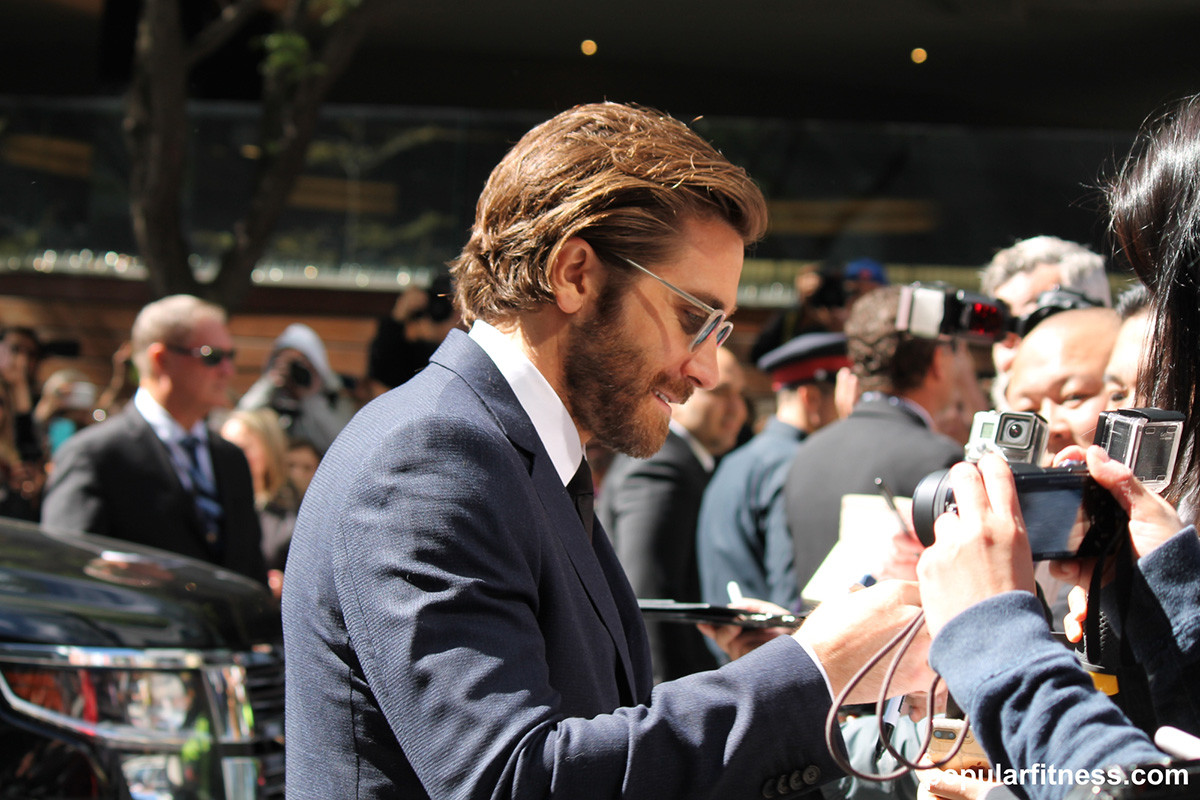
©️ Photo courtesy of mityzeusphotos.com
In the world of Hollywood and professional sports, where memorabilia can be worth thousands, even the smallest details matter — including the color of a pen. One question fans often ask: Why do celebrities refuse to sign autographs with blue ink pens?
The answer reveals a fascinating intersection of security, value, and authenticity in the celebrity autograph industry.
The Value Behind the Signature

Autographs from A-list celebrities, athletes, and iconic performers are big business. A signed movie script, jersey, or album cover can sell for hundreds or even thousands of dollars. But to ensure an item’s value, the signature must appear authentic, clear, and, most importantly — permanent.
That’s where pen choice comes in. Blue ink, while popular in everyday use, comes with risks in the world of collectibles.
Why Not Blue Ink?
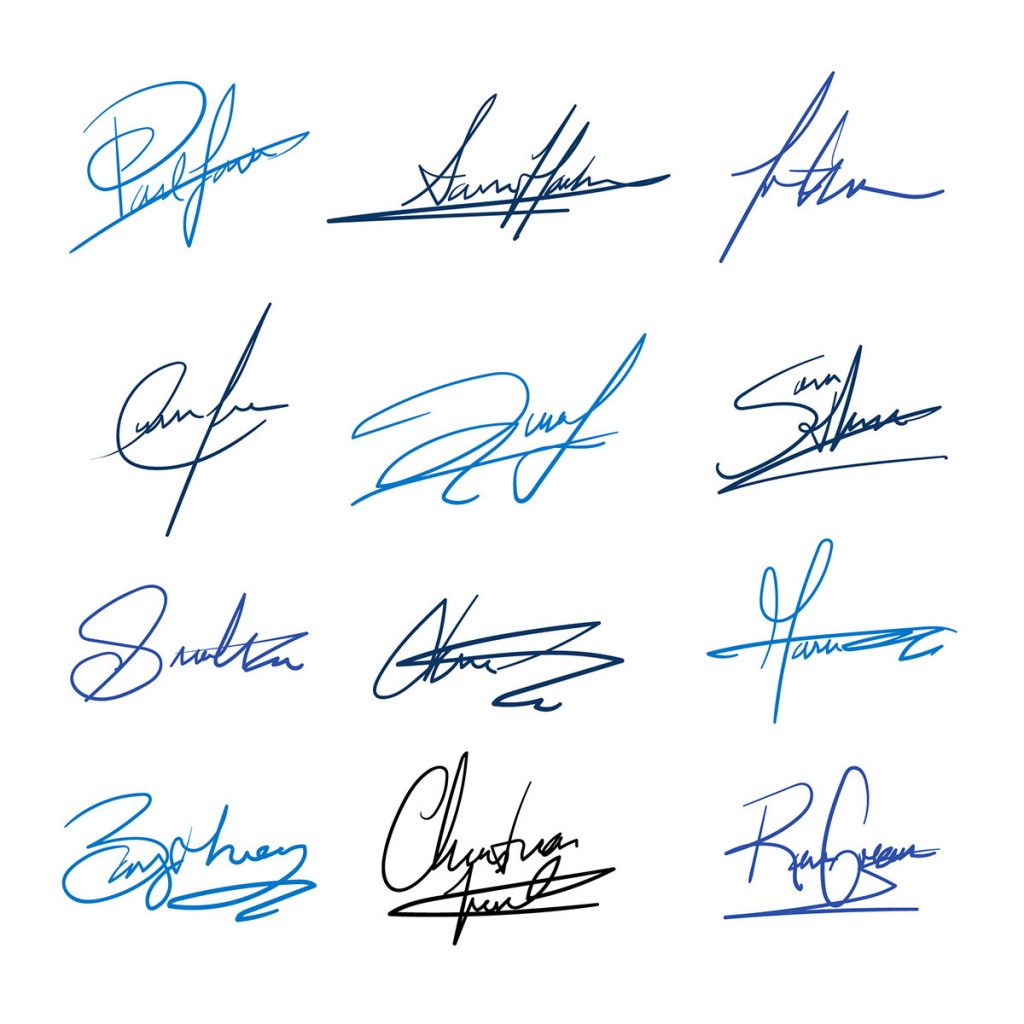
Blue ink, especially from standard ballpoint pens, fades over time, particularly on glossy photos, jerseys, and card stock. Worse, it’s easier to scan, lift, and forge digitally than darker inks like black or metallic silver.
Collectors and authenticity experts agree — black Sharpies or metallic pens not only photograph better but also stand up to time, handling, and display lighting.
Claire Foy: Cautious and Clear
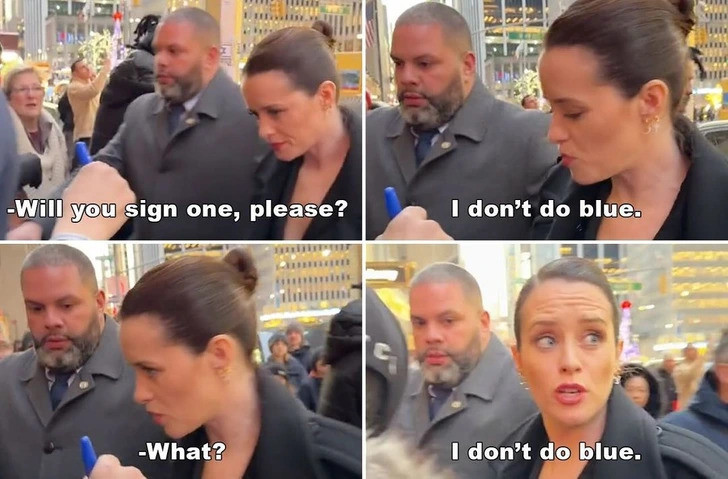
Award-winning actress Claire Foy, best known for playing Queen Elizabeth II in The Crown, has spoken candidly about her autograph policy.
“You’d be shocked how many fake autographs are circulating,” Foy said in an interview with Radio Times. “It’s easier to replicate a blue ink signature digitally. That’s why most of us just won’t use them. If someone hands me a blue pen, I politely ask for a black Sharpie instead.”
At several red carpet events, fans have noticed her checking the pen before signing and even waiting until someone provides a permanent marker. She’s been praised for her politeness — but also for setting a firm boundary to protect the authenticity of her name.
“I’m not being rude,” she added, “I just know that people scan and sell these things all the time. I’d rather it be done right.”
NBA Players Weigh In
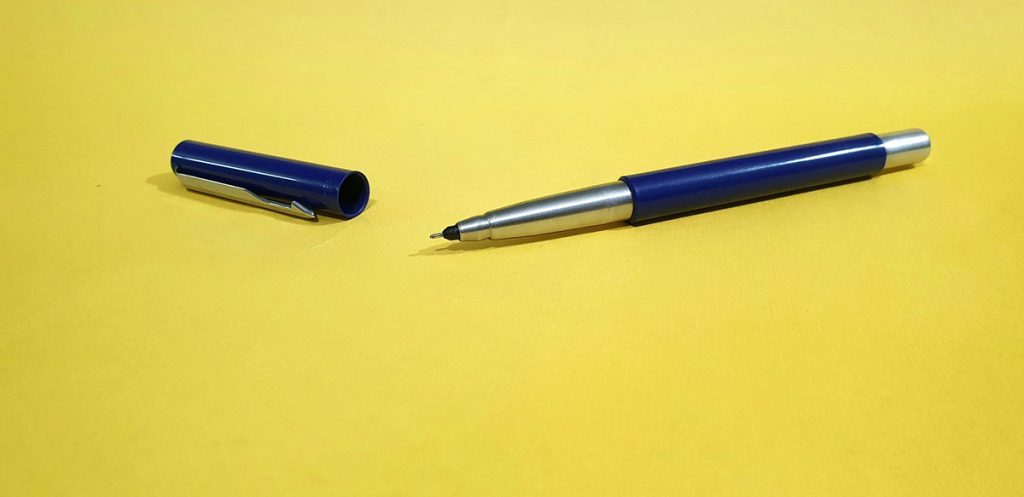
Professional athletes, especially NBA stars who frequently sign merchandise, have also adopted strict pen policies.
“I won’t touch a blue pen,” said one anonymous NBA All-Star. “Too many of my signatures ended up on eBay or NFTs without me knowing. Now, I bring my own markers.”
Players like Steph Curry and LeBron James have reportedly instructed team staff to screen pens fans hand them at meet-and-greets.
“If it’s not permanent ink, it’s a hard pass,” a former Lakers team rep told TMZ Sports. “These guys know their signature is a brand — and it needs protection.”
Fear of Scanning and Reselling
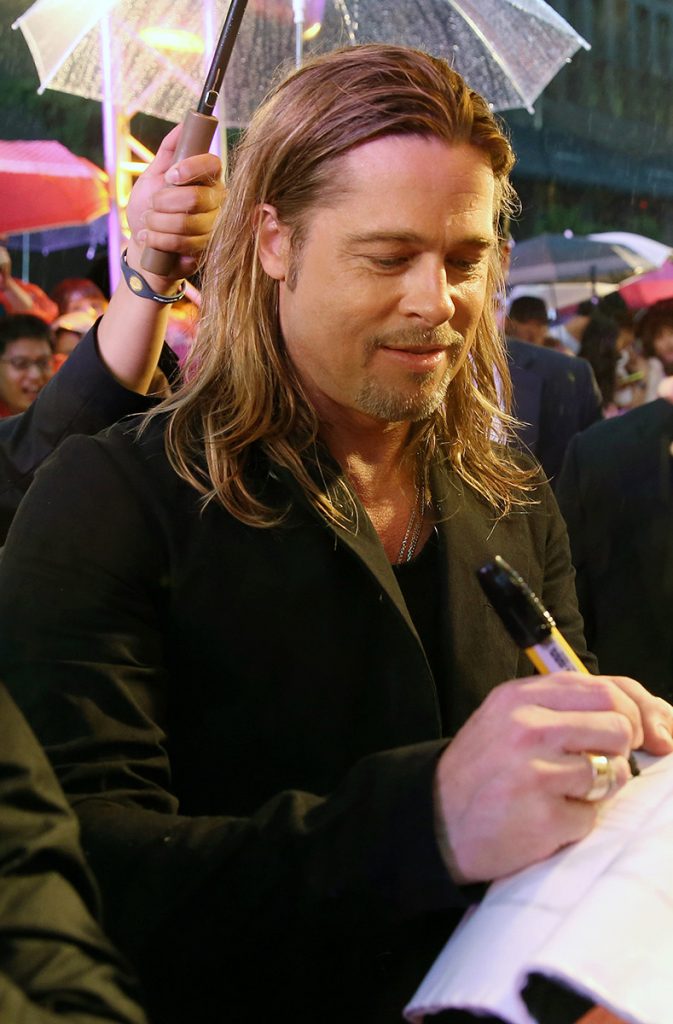
With AI-enhanced editing tools and high-resolution scanners, celebrities are increasingly wary of having their autographs digitally lifted and resold — especially if signed in blue ink.
“Celebs are very aware now,” said an autograph authenticator from PSA. “If it’s blue ink, it’s more likely to be stolen or duplicated. Black ink on matte surfaces is the gold standard.”
Some celebrities only sign personalized autographs (“To Jake, Best Wishes”) to reduce resale value. Others refuse to sign in public unless it’s through a verified partner or charity auction.
Fans React: Understanding or Frustration?
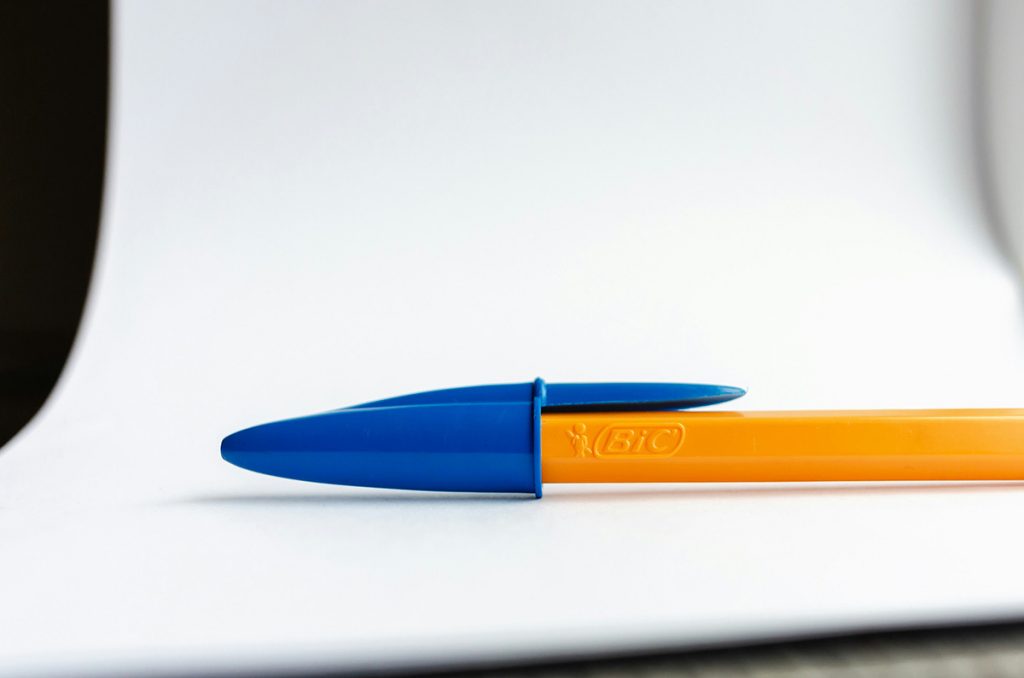
While some fans are surprised when celebrities decline to use their pen, most are beginning to understand the reasons.
“I waited three hours with my blue Bic pen and photo of The Crown,” said a fan at a London premiere. “Claire [Foy] smiled and kindly said she needed a black marker. I appreciated the honesty.”
Others now come prepared with Sharpies and markers in multiple colors, hoping to increase their chances of securing a lasting signature.
“It makes sense,” one fan commented on Reddit. “If I’m lucky enough to get an autograph, I want it to last — and not look like it was printed on a receipt.”
A New Standard in Autograph Culture
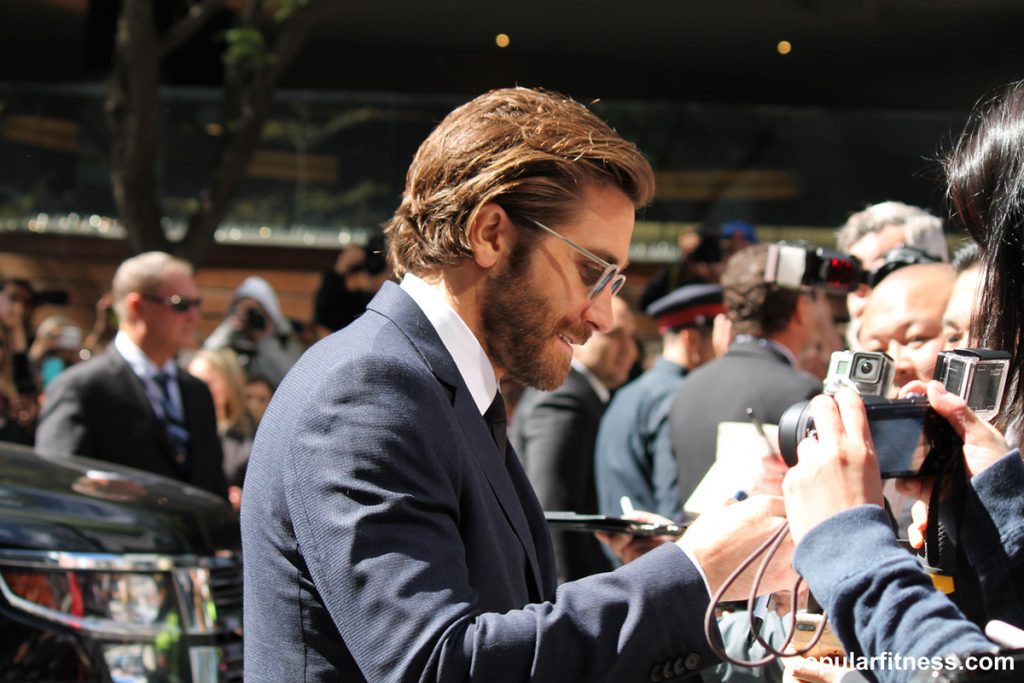
As for the future of autograph culture, many celebrities are embracing tools that go beyond ink — including digital holograms, QR-verified signatures, and blockchain-based memorabilia.
Still, for traditional autograph collectors, pen choice remains crucial.
“The value is in authenticity,” said Claire Foy. “And blue ink just doesn’t guarantee that anymore.”
You might also want to read: TikTok Star Khaby Lame Detained in US Over Immigration Rule


